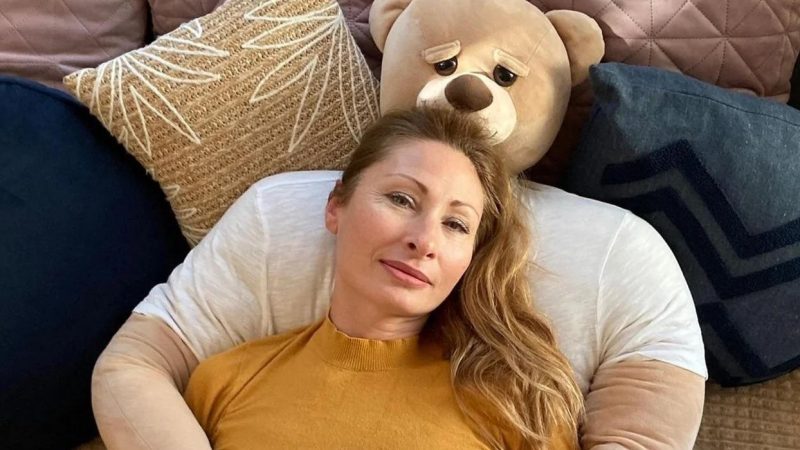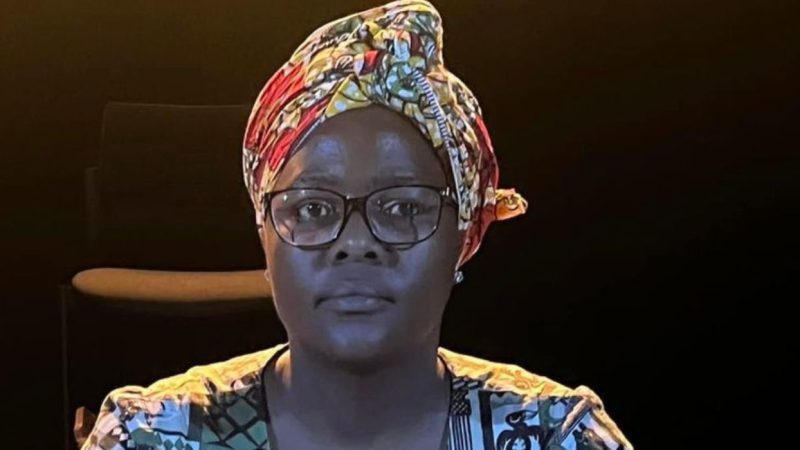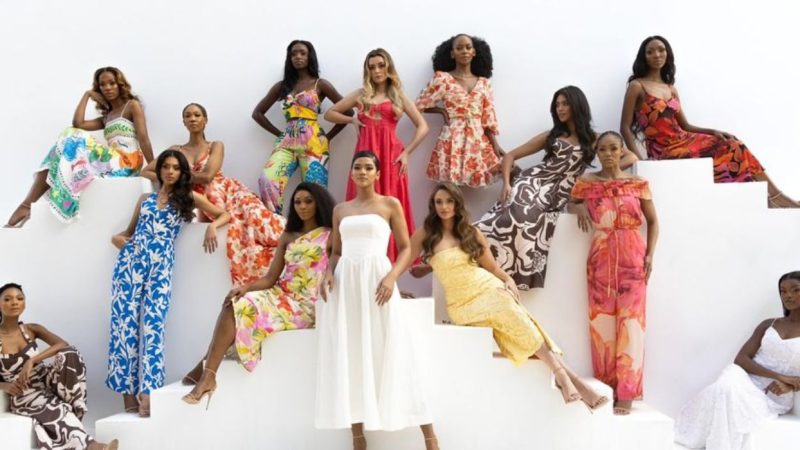EXCLUSIVE: Karikoga’s ‘Views from the Ghetto’
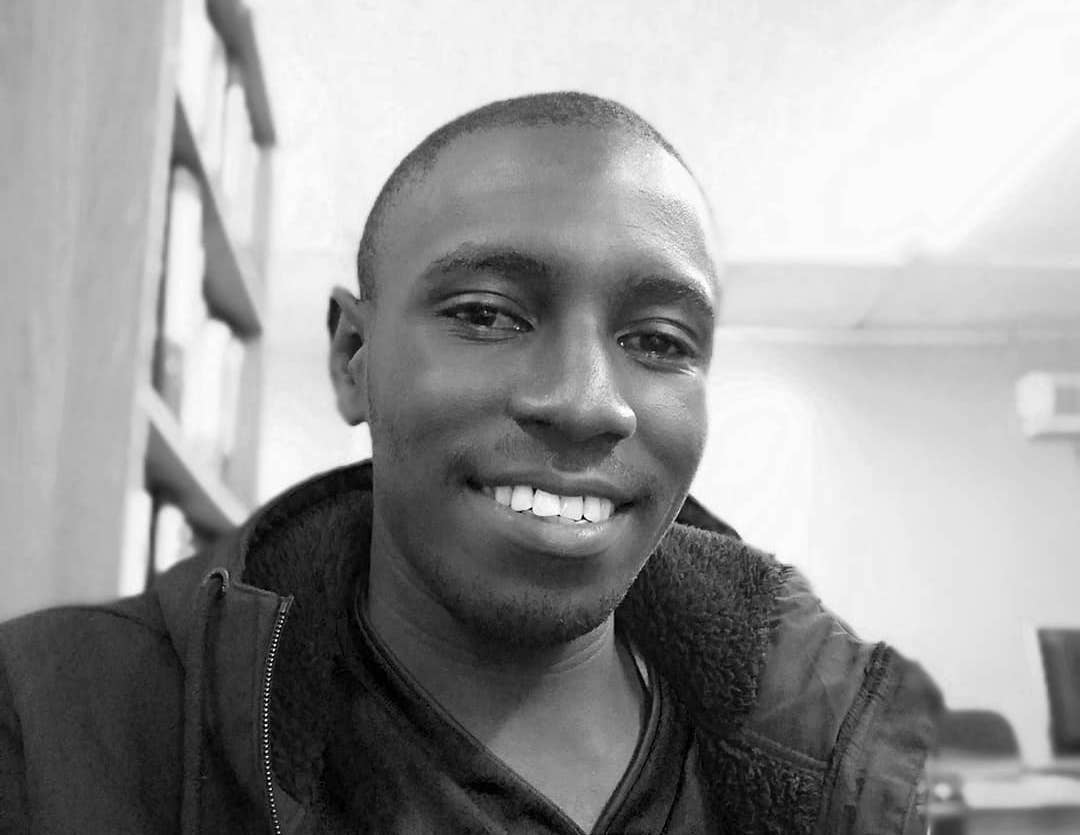
Empathy, understanding and compassion; these are emotions that can be cultivated when we walk in another person’s shoes. Reading often affords people the chance to experience somebody else’s reality even from a different era or country. Think of how the experience of orphanhood was painted vividly by Charles Dickens in “Oliver Twist” or the psychological scars of slavery were powerfully portrayed in “Beloved” by Toni Morrison.
Emmanuel Karikoga is a writer of poetry, prose and song lyrics. In a little under a week, he is set to launch his debut novel “Views from the Ghetto” in Harare. The book tells the story of a young man who visits his grandmother who lives in the high-density suburbs in Harare. He befriends another boy who has dropped out of school and now touts in order to fend for his ailing mother. The two boys join forces to recruit local musicians to help them plan a fundraising concert. We caught up with Emmanuel to get a bit more insight on the book, the upcoming launch and his road to authorship.
*(KM – Kudzai Mhangwa, EK – Emmanuel Karikoga)
KM: Congratulations on the upcoming book! How was the idea for “Views from the Ghetto” conceived?
EK: Thank you. I wanted to support a fellow friend who had found a career in music and to honour my late niece who passed away due to heart failure.
KM: Tell us a bit about the book. What can readers expect to get from this?
EK: It’s quite an interesting story. I wrote it from a first-person narrative, portraying myself as an individual who grew up in a low-density suburb and comparing my new experience in the ghetto.
KM: When I read the back cover I was really hooked by the story. Is it based on true events?
EK: Not really but it was inspired by true events. My late niece was optimistic that she would eventually get treatment in India, but it didn’t happen.
I could feel the passion one of my friends had when it comes to music. I sometimes would accompany him in recording studios. We had this burning zeal that it was going to be our ticket but sadly it never happened. So, I was just combining those two to construct the storyline for “Views from the Ghetto”.
KM: What do you hope people will get out of this book and your style writing in general?
EK: Other than an exciting story, people will get valuable educational lessons meant to improve our society and wellbeing. I use the pseudonym ‘Voicewithin’ in my writing because I believe my writings are reflections of my emotions or inner thoughts.
KM: When did writing become a thing for you? How did the journey to authorship start up until now?
EK: I have been writing for quite a long time. I wasn’t sharing my writings because I didn’t believe in myself back then. So, I can safely say, the passion to write grew more in 2015 when I started writing poems, lyrics, and these novels.
KM: How did the journey to publication go? So many writers describe it as a struggle. What of for you?
EK: I could agree with that. First, when you gather quotes from various publishers, you assess the best viable option obviously considering finance, their reputation and time frame to finish the project. That moment makes you feel like you must relook at your manuscript before submitting and it drives away the optimism one has in their project.
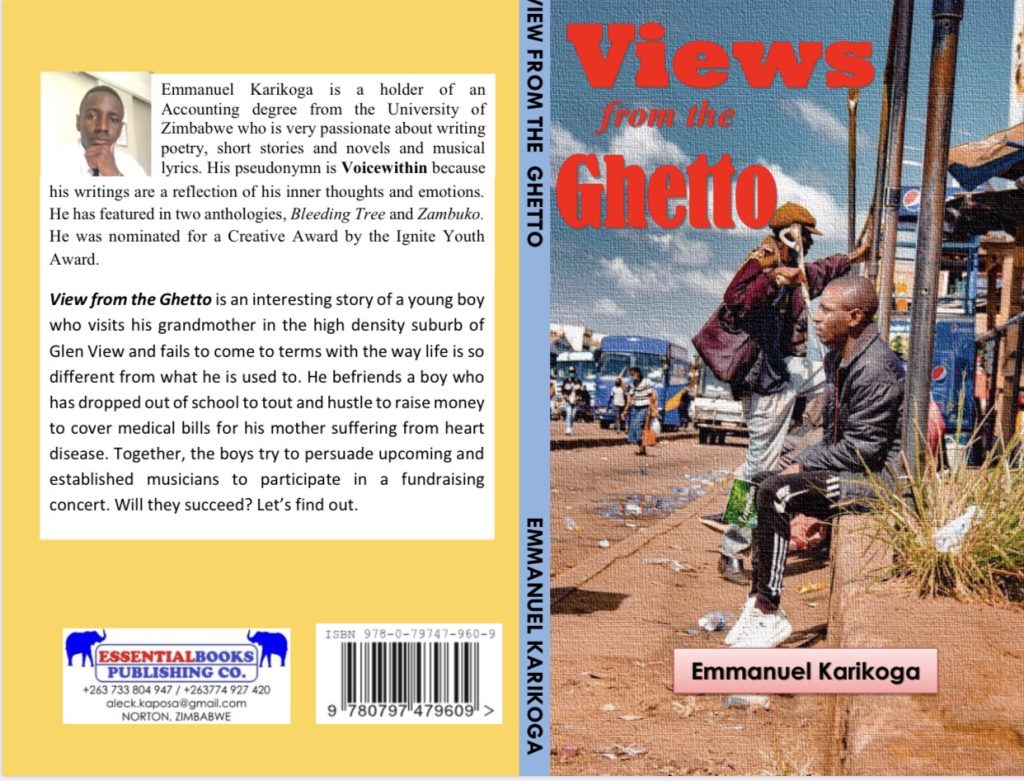
Secondly, publishers take long, and you sometimes wonder if your story was neglected or unsatisfactory despite the monthly publishing updates you get from them. When they ask you to correct your manuscript a new idea pops up and you start thinking about altering one or two things thereby creating double work for the editor. This therefore delays the whole publication process.
KM: Where do you get your inspiration to write?
EK: Like I said. My writings are reflections of my emotions or inner thoughts. They are also evidence of how I wish society ought to function.
KM: Not only do you write novels, but you also do poetry and musical lyrics. Tell us a bit about that.
EK: If you check out my Facebook Page (Facebook), I have countless poems published there. Both English and Shona. Poems are not that complex as compared to writing a book so that’s why I tend to have more of those. Other than that, I use poetry to market my writing skills.
When it comes to musical lyrics it’s been a while since I last wrote lyrics. My plan was to write lyrics for people who have a passion for music but most of the times, music producers would want me to sing the song myself. I mean to be in that booth as a musical artist and I didn’t like that. They would tell me that everyone could be a singer/musician, trying to force me to sing and I didn’t like that.
KM: “Views from the Ghetto” comes out 15 July. What can people expect on the launch date?
EK: First and foremost, the MC (Nicca July) is quite energetic she’s got the vibe.
Secondly, the guest speaker is an everyday inspiration to many ghetto youths who have a passion for comedy. He has given many people sublime humour and generally he’s a nice guy. The venue of the launch is 47 Churchill Avenue, Alexander Park, Harare. I hope maghetto youth achauya in large numbers tichiona zvavanoita ku the other side of Samora.
And last but not least the program is short and precise and the novel will be sold for a minimum of 10 USD per copy.
KM: What are your future hopes and aspirations as a writer?
EK: I hope and aspire to impact this world through literature. I want to mold society in the best way I can through my writing and also to be a source of reference to all the ghetto youths who dare dream to challenge their lives.
KM: Tell us a bit about Emmanuel. What makes you tick? What are your hobbies? Who do you hope to become on this world?
EK: I’m a very supportive and optimistic person. I’m also emotional, writing is the best way to express these emotions.
I play and teach kids in my community to play chess. I also happen to help children (mostly from my church) in their academics. I hope to become a literature giant. I hope to live a life that inspires people to believe in themselves and their dreams.


